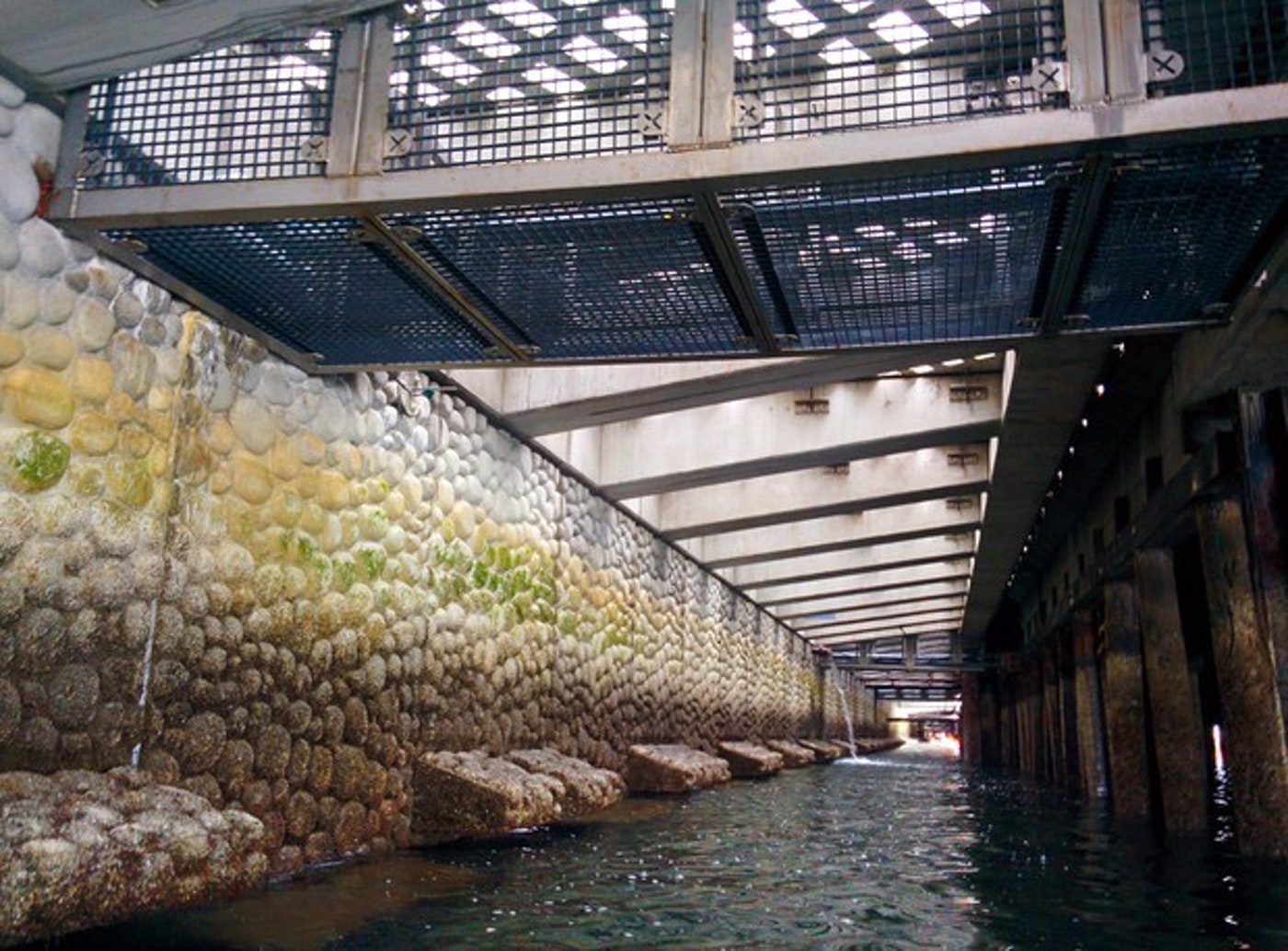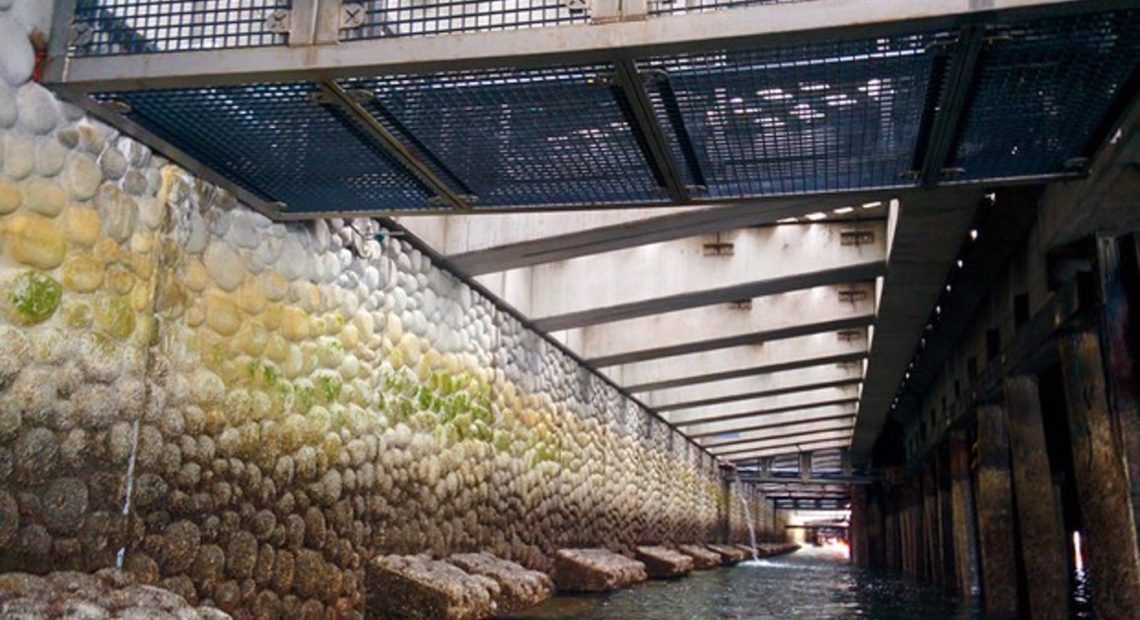
Tougher Rules Aim To Save Salmon Habitat For The Good Of Puget Sound Orcas
read on
It might soon be more difficult to build a seawall on Puget Sound.
The state legislature is considering a bill that aims to help southern resident killer whales by protecting shoreline salmon habitat.
Single-family homeowners who want to build a seawall could face a longer permit process under the bill. The Department of Fish and Wildlife would thoroughly review every proposed seawall for its potential effect on salmon habitat.
The bill would also give the agency the authority to issue stop-work orders as well as civil penalties of up to $10,000 to property owners who don’t comply with the law.
“We’ve got good laws on the books,” said Margen Carlsen with the department. “Let’s make sure that the agencies that are trying to implement those laws have all the tools they need to help people come into compliance and stay in compliance with that law.”
The bill has passed the House and is up for consideration in the Senate Ways and Means Committee on Monday.
You can follow the progress of HB1579 here.
Copyright 2019 KUOW
Related Stories:
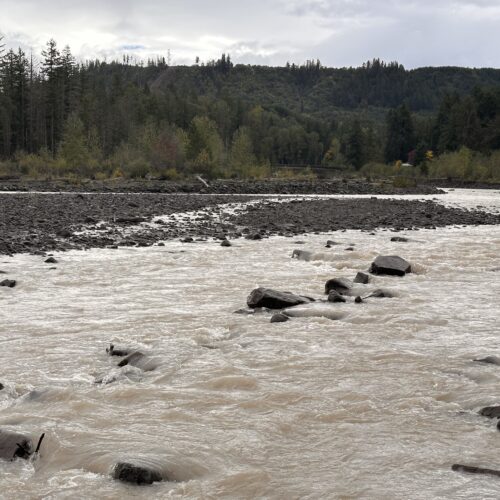
New flood management plan considers more flooding types
After about five years in the works, the Pierce County Council adopted a new Comprehensive Flood Hazard Management Plan that broadens the scope of what kinds of flooding the county will plan for – from coastal to urban flooding.
Angela Angove is the floodplain and watershed services manager with Pierce County Planning and Public Works. She said different types of flooding are top of mind for people in the county, recalling the King Tides that caused tidal flooding last December.
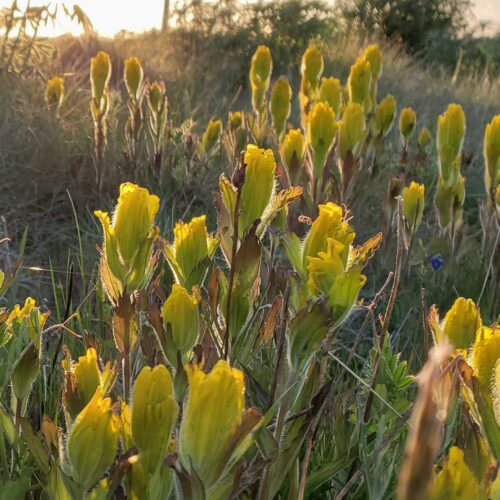
A blossoming success: Federal protections removed for once-threatened NW prairie flower
The golden paintbrush, a bright yellow flower found in Oregon and Washington, no longer needs federal protections. ( Courtesy of the U.S. Fish and Wildlife Service) Listen (Runtime 0:57) Read
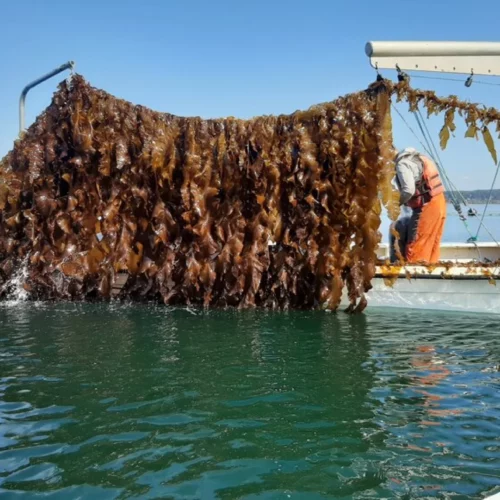
Swelling school of seaweed farmers looking to anchor in somewhat choppy Northwest waters
Prospective kelp growers who want to join the handful of existing commercial seaweed farms in the Pacific Northwest are having to contend with a lengthy permitting process. It’s gotten contentious in a few cases, but even so, at least a couple of new seaweed farms stand on the cusp of approval. Their harvests could be sold for human food, animal feed or fertilizer.

